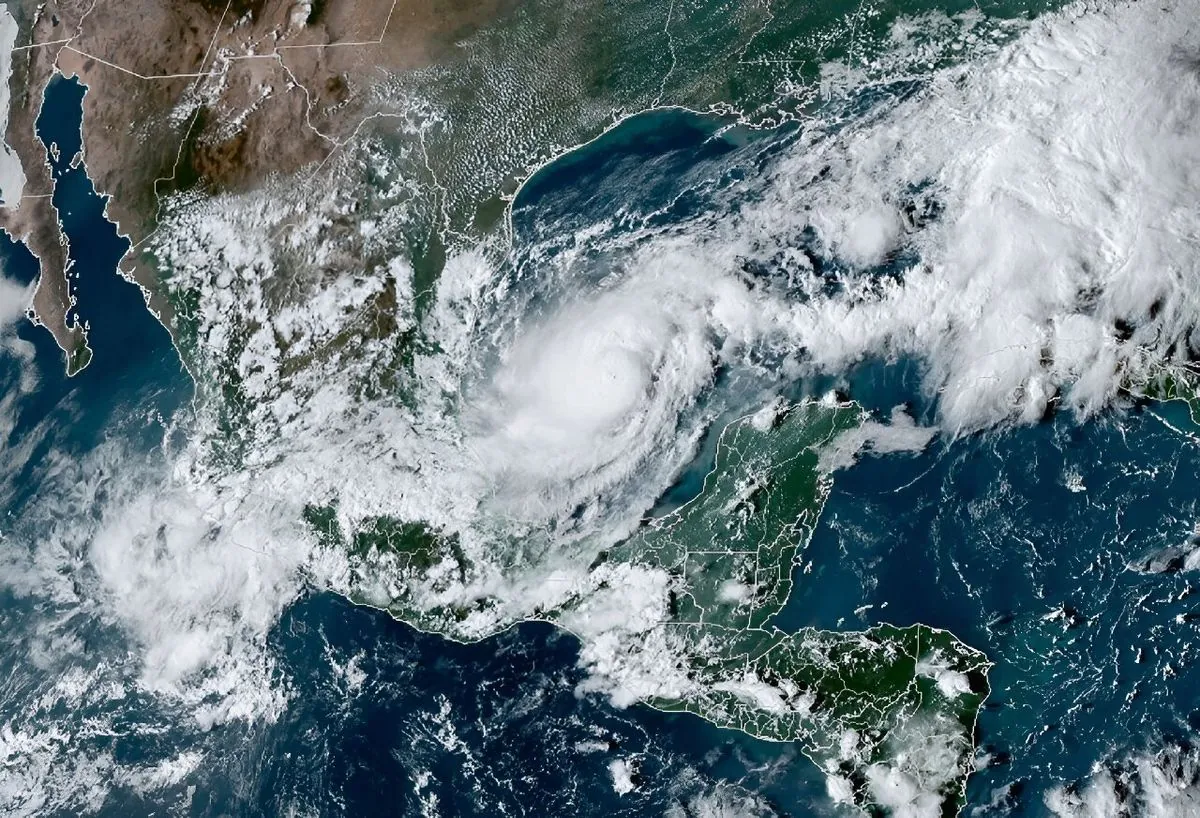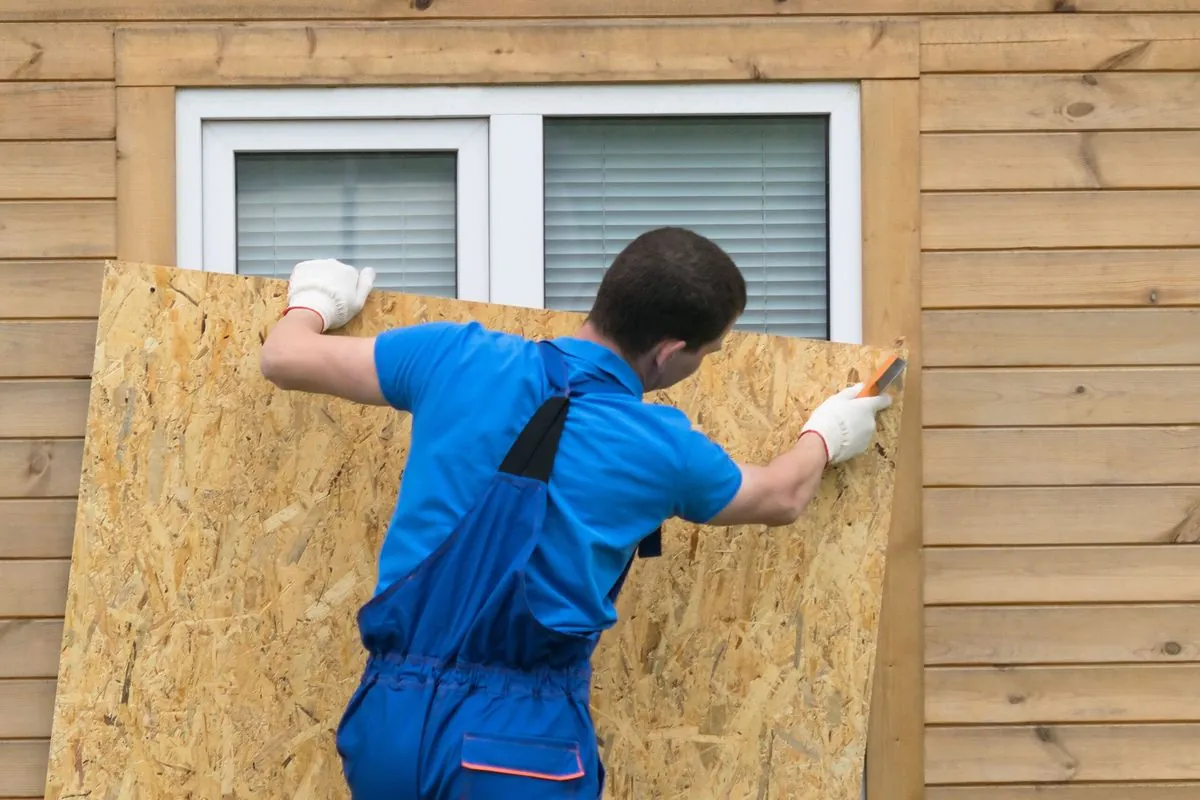Florida Braces for Hurricane Milton as VP Harris Faces Media Scrutiny
Hurricane Milton threatens Florida's west coast, while VP Harris addresses gun ownership in a "60 Minutes" interview. Supreme Court declines intervention in Texas abortion case.

Florida's west coast is on high alert as Hurricane Milton rapidly intensifies, potentially becoming the region's most powerful storm in a century. Residents of coastal areas, including Madeira Beach, are preparing for the hurricane's arrival, expected late 2024-10-09 or early 2024-10-10. The storm's intensity is being measured using the Saffir-Simpson Hurricane Wind Scale, with experts warning of a possible devastating ocean surge exceeding 10 feet.

The Gulf of Mexico's warm waters are known to contribute to rapid hurricane intensification, raising concerns among meteorologists and local authorities. Some residents who chose not to evacuate during Hurricane Helene last month are now reconsidering their decision, highlighting the severity of the approaching storm.
In political news, Vice President Kamala Harris participated in a "60 Minutes" interview on 2024-10-07, addressing various topics including her economic plans, immigration policies, and personal gun ownership. The interview is part of Harris's media campaign as the nation approaches the 2024-11-05 Election Day, now just four weeks away. "60 Minutes," the longest-running primetime show in television history, provided a platform for the Vice President to discuss her role as President of the Senate and her stance on key issues.
"I am a gun owner and I own a gun for probably the reason that a lot of people do: for personal safety."
Meanwhile, the Supreme Court of the United States, consisting of nine justices, declined to intervene in a Texas emergency abortion case. This decision leaves in place a lower-court ruling that restricts emergency abortions conflicting with state law. The court is also set to address the issue of "ghost guns," firearms without serial numbers that pose challenges for law enforcement due to their untraceable nature.
Internationally, Lebanon faces a humanitarian crisis as approximately 1.2 million people, constituting about 20% of its 5.5 million population, have been displaced by Israel's military offensive. The ongoing conflict has forced many to seek refuge in unconventional locations, including empty condos and Beirut nightclubs. This situation echoes historical patterns of displacement caused by military operations in the region.
On the environmental front, the Environmental Protection Agency (EPA), established in 1970 under President Richard Nixon, has finalized a landmark rule on 2024-10-08. This regulation mandates the removal of all lead pipes in the United States within a decade and requires lead testing in schools. The initiative aims to address the persistent threat of lead exposure, which affects tens of thousands of American children annually and can cause developmental issues and other health problems.
In entertainment news, the music industry mourns the loss of Cissy Houston, a Grammy Award winner and mother of Whitney Houston. Houston, who passed away on 2024-10-07 at the age of 91, had been battling Alzheimer's disease, the most common cause of dementia in older adults. Her illustrious career included performances with legendary artists such as Elvis Presley and Jimi Hendrix before she played a crucial role in launching her daughter's superstar career.
Advancements in archaeological technology are revolutionizing the discovery and preservation of historical sites. Artificial Intelligence is now being employed to analyze satellite imagery, aiding in the identification of potential archaeological locations. DNA sequencing provides insights into ancient populations and their migrations, while drones facilitate aerial mapping and 3D modeling of sites. These innovations are crucial in the race against time to uncover and document UNESCO World Heritage Sites and other places of cultural significance threatened by climate change, erosion, and wildfires.
The field of archaeology, derived from the Greek words for "ancient" and "study of," has come a long way since the first known excavation in Mesopotamia in the mid-19th century. Today, tiny robots capable of navigating tomb shafts represent the latest in a long line of technological advancements that began with robotic exploration in the late 20th century. These tools are essential in preserving our understanding of human history before it's lost to environmental changes.


































